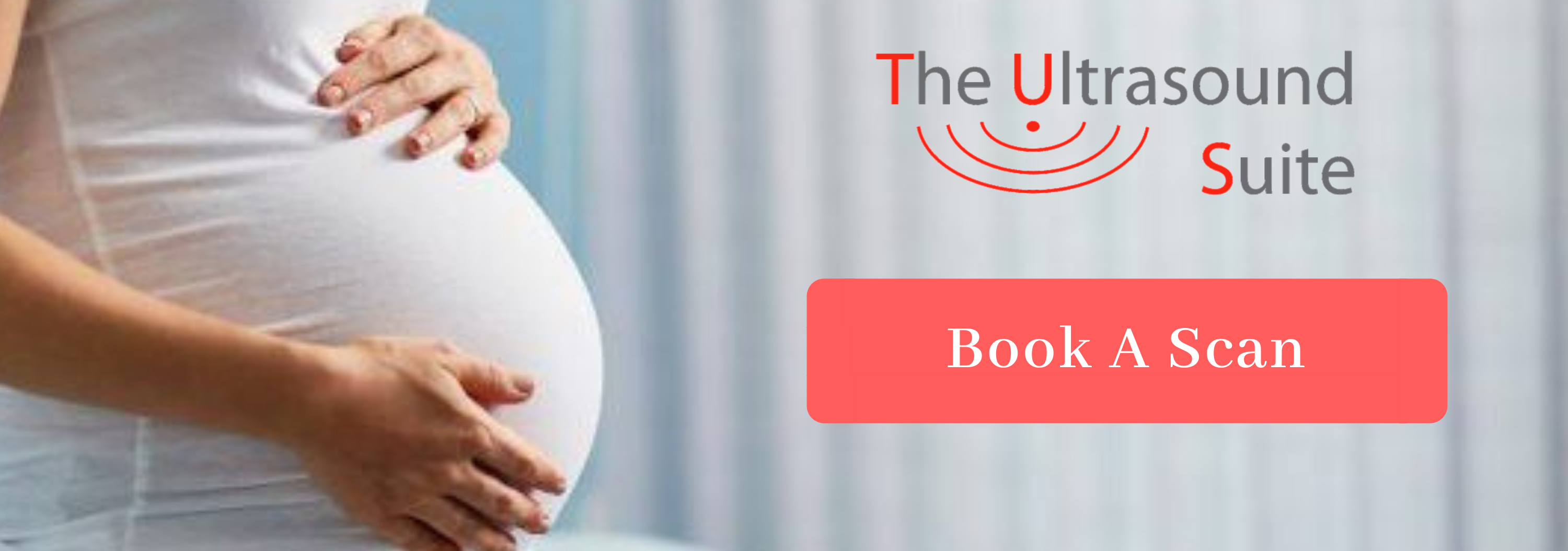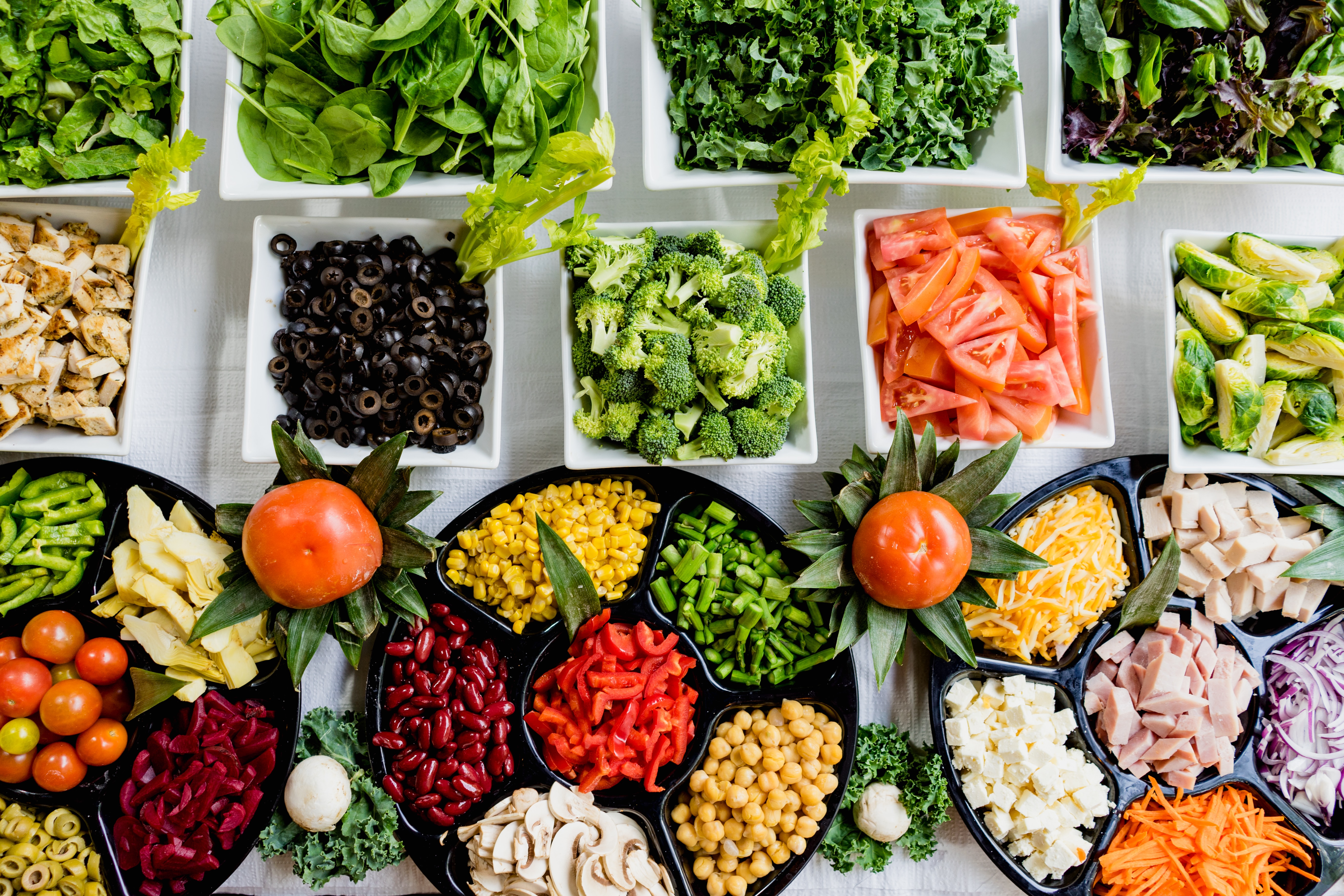During your pregnancy it is important to look after yourself and take care of your body, as you are not only supporting yourself but another little person growing inside you. Having a balanced diet and a healthy exercise routine is the perfect way to ensure your pregnancy progresses as smoothly as possible, and that both you and your baby are kept healthy. You can read more about exercise and pregnancy here in one of our other blogs.
Our diet plays an important role in our day to day life, and it plays an even more important role during your pregnancy. Your diet affects how you feel and how much energy you have to function throughout the day. It can also affect your concentration levels and your body’s defense levels too.
What Should I Eat?
Folic Acid
Folic acid should be taken if you are planning on falling pregnant or if you are already pregnant. You should be consuming at least 400 micrograms of folic acid a day during the first 12 weeks of your pregnancy. Folic acid helps your baby to develop and avoid any potential birth defects that may occur during your pregnancy. Spina bifida is one of the defects that folic acid can help prevent. This defect occurs when the baby’s spine does not form normally. Folic acid can be taken as a supplement or can be consumed from foods like vegetables, fruit and nuts.
Iron
Iron is an important mineral that the body needs to produce red blood cells and keep you in good health overall. When you’re pregnant your body’s demand for iron increases and your iron intake should actually double during your pregnancy. Your doctor should be keeping an eye on your iron levels to ensure you’re not lacking in it. Taking iron supplements isn’t necessary if you already have a diet that helps you meet your iron requirements. However, if you find that you are lacking in iron and find it difficult to eat foods that contain iron then it might be beneficial to start taking iron supplements. You should consult your doctor about this. Red meats are a great source of getting iron into your diet but should be well cooked, and the same goes for deli chickens to avoid and kill any potential lingering bacteria that could cause harm to your baby. Other good sources of iron include dry fruits, spinach, kale, green peas and lentils to name a few.
Vitamin C
In order for our body to absorb iron we need to have Vitamin C. Unfortunately our bodies actually don’t produce Vitamin C naturally so therefore we must acquire it through other sources. Vitamin C is available through supplements and tablets, but it can also be included in our diet as well. Drinking orange juice with meals is a great way to get your daily dosage of Vitamin C. Not only will it help improve your energy levels but it will also help your overall body’s defenses and help your skin’s complexion.
Vitamin D
Vitamin D is another important vitamin that our body should have during pregnancy. It helps to promote good bone structure and strength. Our bodies produce vitamin D but not enough to have a significant effect which is why it’s advised to factor vitamin D into your diet. Food like eggs, meat and fish are rich in vitamin D. Again, it’s important that when consuming any meats, fish and eggs that they are cooked well through to avoid any potential bacteria that could cause harm to you or your baby.
Alcohol
When you drink it reaches the baby through the placenta and it enters the baby’s bloodstream. Studies have shown that alcohol has lead to complications during pregnancy and that it can make it more difficult to get pregnant if you are consuming alcohol regularly. It’s advised that you cut out alcohol completely if you want to avoid any complications or are trying to conceive.
Caffeine
You don’t need to cut out caffeine completely from your diet but be cautious of the amount you consume. If you are pregnant, don’t have more than 200mg a day as this can result in complications further down the line such as your baby being born with a low body weight or even a miscarriage.
Use Good Judgement
We’re not saying you have to become a complete health freak during your pregnancy but just be mindful of what your body needs and what it doesn’t. You’re carrying an extra life on board with you and you need to take that into consideration. Having a well balanced diet has proven to help women have an easier pregnancy and it increases the chances of the baby arriving healthy. Practice food safety and make sure that all the food you are consuming is well-cooked and free of any potential bacteria. Avoid eating foods that could potentially harvest bacteria like rare meats and raw eggs. Be aware of what you’re eating and listen to your body for what feels right.

